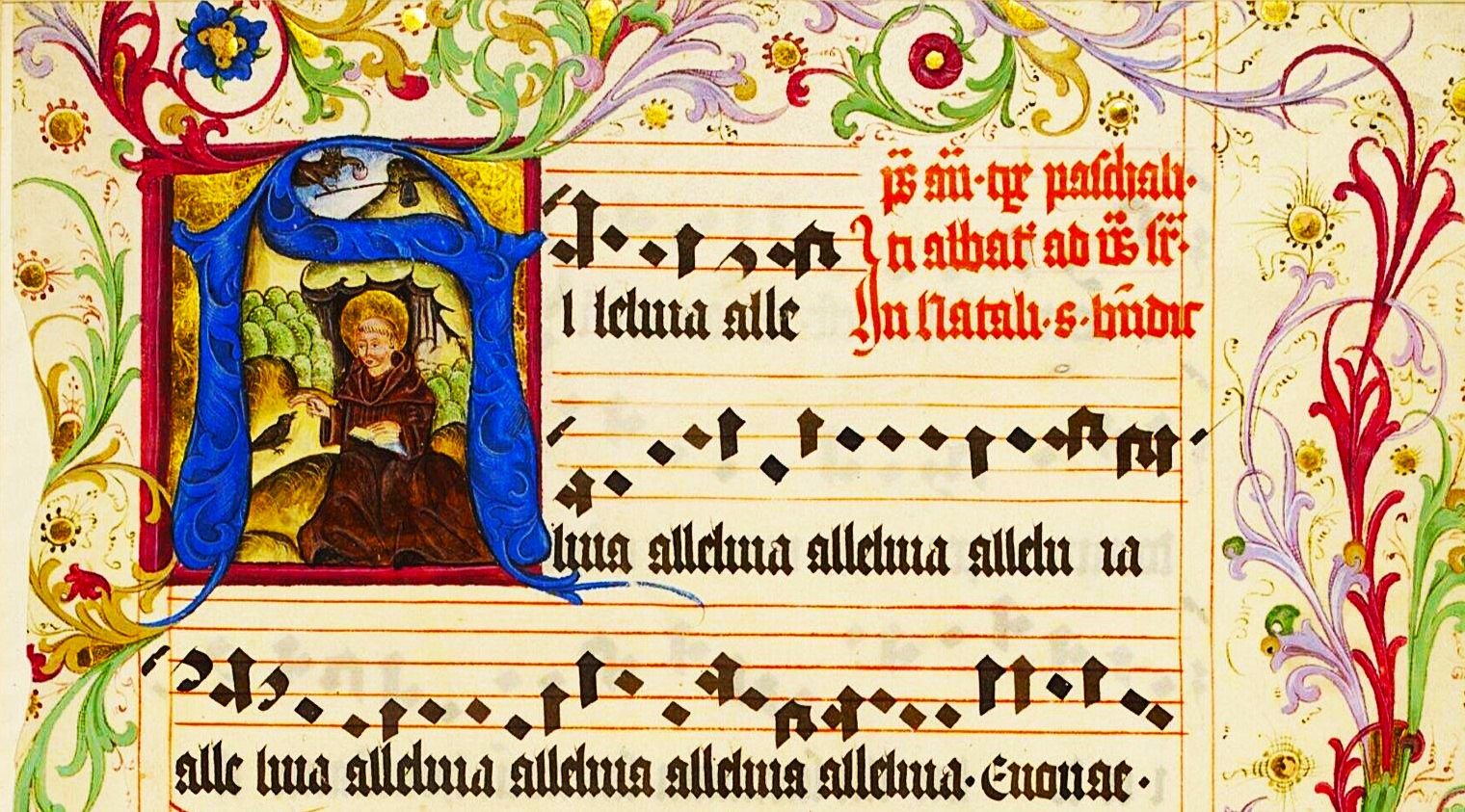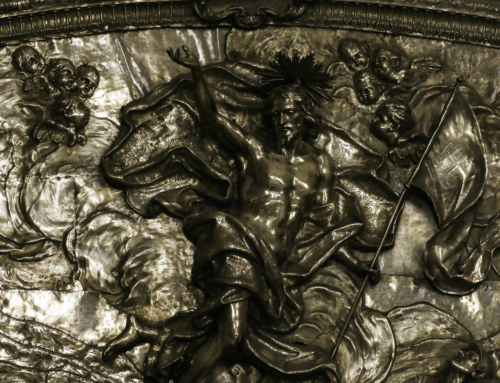Every Alleluia that we omit during Lent we make up for during the Easter season.
By my count, on an ordinary weekday, we friars typically employ the word Alleluia about 13 times in our common prayers. When Lent comes, we omit all of these Alleluias. Then, in what may seem like a dramatic overcorrection, on any given Easter weekday, we pray over 75 Alleluias! (One wonders if our caloric intake tracks with comparable proportions.)
The profuse return of the Alleluias points to an important spiritual principle: Every good thing we lose or give up for God is always eventually returned to us—blessed, increased, and purified.
When God calls someone, he tends to start giving orders—or at least to offer advice. “Go forth from your land, your relatives, and from your father’s house,” he instructs the aged Abram (Gen 12:1). “If you wish to be perfect, go, sell what you have and give to the poor,” Jesus counsels the rich young man (Matt 19:21). These are tall orders, but they come with lavish promises. God assures Abram that he will lead him to a new homeland and make him the father of a great nation. Jesus, likewise, tells the rich young man that if he heeds his advice, he “will have treasure in heaven” (Matt 19:21).
But why the rigamarole? Why does God demand things and then return them?
It is because God wants us to learn that he himself is infinitely greater than any of his gifts. By handing over what we hold most dear, by parting with what we think we cannot live without, we come to see that all the created things we cherish, even if they are good, are themselves insufficient. Thus, we lay aside even the joyful cry of Alleluia in Lent for the sake of learning its real meaning and singing it with new vigor at Easter. Loss and renunciation teach us deep in our bones the simple truth that God alone suffices.
Paradoxically, then, fasting fills us up. Giving to the poor makes us richer. Entering the cloister confers new freedom. Renouncing marriage produces a beautiful fecundity. As C.S. Lewis puts it, God always gives back “with His right hand what He has taken away with His left.”
Francis Thompson captures this dynamic in his poem “The Hound of Heaven”:
All which I took from thee I did but take,
Not for thy harms,
But just that thou might’st seek it in My arms.
All which thy child’s mistake
Fancies as lost, I have stored for thee at home:
Rise, clasp My hand, and come!
God will never ask too much of us or deprive us of anything we need. After all, “he who did not spare his own Son but handed him over for us all, how will he not also give us everything else along with him?” (Rom 8:32). If we learn that God is our only true good, we will join the ranks of the saints and spend eternity making up in superabundance for all the lost Alleluias of our lives.
✠
Image: Leaf from Antiphoner, 1490s







